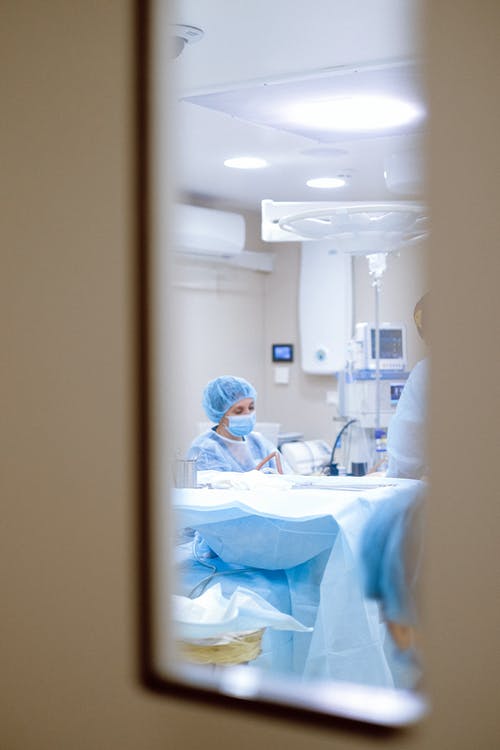Implants can have dangerous side effects, FDA warns.
In 2019, a Food and Drug Administration (FDA) panel heard from dozens of women asking the government agency to inform the public in a direct way about the debilitating and potentially life-threatening symptoms commonly referred to as “breast implant illness.” Now, ten years after discovering a link between some implants and cancer, the FDA has ordered “black box” warnings be put on all boxes and a new checklist of risks to be provided to patients.
The warnings and checklist advise patients of the serious side effects, including the link to cancer of the immune system (anaplastic large cell lymphoma), as well as chronic medical conditions, including autoimmune diseases, joint pain, mental confusion, muscle aches and chronic fatigue. The checklist even identifies which types of patients could be at higher risk for illness after breast implant surgery. And this includes breast cancer patients who have had, or plan to have, chemotherapy or radiation treatments – the very same population of women who are commonly encouraged to seek implants for breast reconstruction.
The FDA is also requiring manufacturers to disclose the ingredients used to make implants, and these must be made public within thirty days. However, one complication is that patients are unlikely to see a warning label on sterile medical device only a surgeon would have access to. It’s also not clear how the new mechanisms will be reinforced, even though the FDA said all patients “must be given the opportunity to sign the checklist.”

Critics of the checklist have said that the language used is hard to understand and that patients may sign off without fully understanding what they’re signing. “It’s better than nothing, but it’s not as good as it could be,” said Diana Zuckerman, a scientist at the National Center for Health Research and member of the working group that advised the FDA on implant safety. “They say things like, ‘Breast implants are associated with lymphoma,’ but lymphoma is actually caused by the implants. People understand it if you say, ‘Breast implants can cause lymphoma.’”
She also believes not every surgeon will take the time necessary to allow patients to digest the black box warning information and ask any questions. “What if a surgeon says, ‘Here’s a checklist. I know it’s long, so it’s up to you if you want to read it or not’?” Dr. Zuckerman said. “Patient groups are very concerned that will happen.”
Dr. Mark Clemens, a professor at M.D. Anderson Cancer Center in Houston and a liaison to the FDA for the American Society of Plastic Surgeons Society, argued, “The black box warning and checklist represent a huge step forward for patient safety and implants. But more high-quality data about long-term outcomes for women with implants is needed.”
There are certain health conditions and life circumstances listed that could prevent a woman from getting implants to begin with, including “active infections, existing cancer or pre-cancer of the breast that has not been treated, pregnancy and nursing.” The list of patients with poor outcomes also includes women with diabetes and lupus as well as smokers and former smokers.
“One-third of women who have breast implant surgery will experience breast pain, sensitivity or loss of sensitivity in the breast, or asymmetry,” the agency warned, adding, “Half will experience a painful tightening of scar tissue around the implant, and one-third will have implants that rupture or leak. Nearly 60 percent will need a repeat operation. Breast implants are not considered lifetime devices. The longer people have them, the greater the chances are that they will develop complications, some of which will require more surgery.”
The big takeaway is that anyone considering breast implants should specifically ask any questions that come to mind in order to be properly forewarned of the potential risks.
Sources:
Patients Must Be Warned of Breast Implant Risks, FDA Says
Why the FDA is Ordering Stronger Warnings for Breast Implants


Join the conversation!